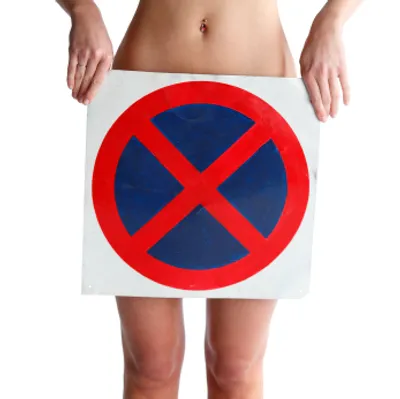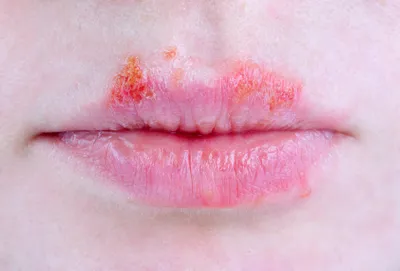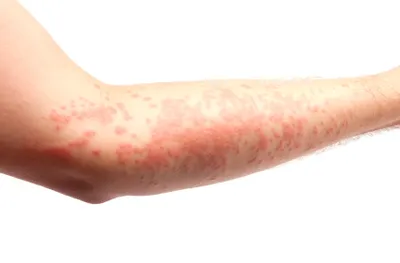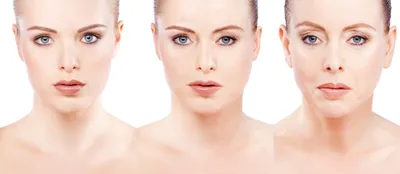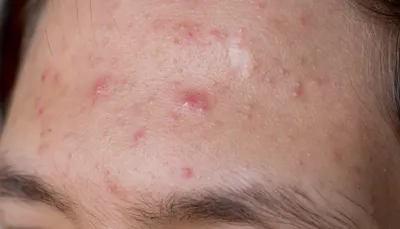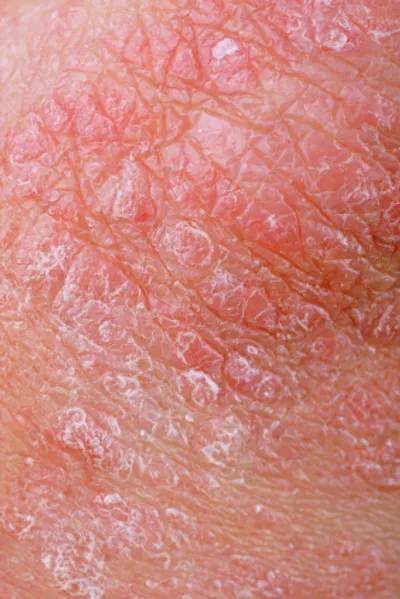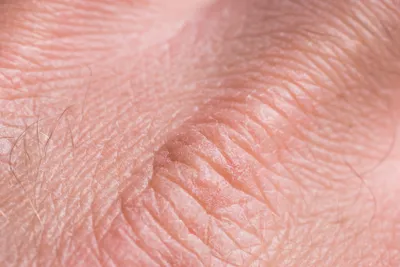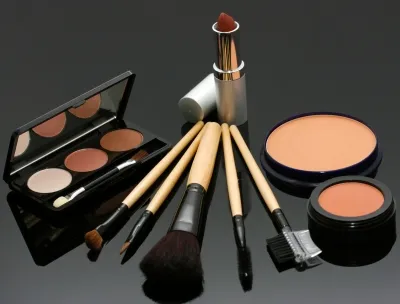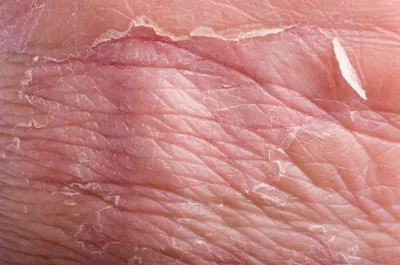Healthy Steps: Winter Skin—First Steps Healthy Steps: Winter Skin—Full Program Preventing Winter Skin Dry skin begs for extra attention during the winter! What was once just dry and flaky can become red and inflamed, even painful and cracking. Some simple steps in your life and in your medicine chest can make a big difference for […]
The end of summer is a good time for thinking about your skin.
What Is Known About Herpes Simplex Type 2 Healthy Steps: Herpes Simplex Type 2—First Steps Healthy Steps: Herpes Simplex Type 2—Full Program Preventing Herpes Simplex Type 2 From Dr. Deborah’s Desk Updated January 7, 2013 The first time someone catches herpes the infection may go completely unnoticed or be asymptomatic. Equally as common however is […]
What is Known About Herpes Type 1 Healthy Steps: Herpes Type 1—First Steps Healthy Steps: Herpes Type 1—Full Program Preventing Herpes Type 1 From Dr. Deborah’s Desk Type 1 herpes apparently happens to almost everyone when they’re young. You or may or may not remember an episode of one or more painful herpes blisters around […]
What Is Known About Hives Healthy Steps: Hives—First Steps Healthy Steps: Hives—Full Program Prevention From Dr. Deborah’s Desk That little welt itches and you try your best not to scratch it because when you do, it grows before your very eyes! If you are a truly hive prone person, just running your fingernail over normal […]
What Is Known About Aging Skin Healthy Steps: Aging Skin—First Steps Healthy Steps: Aging Skin—Full Program Preventing Aging Skin The signs of aging appear slowly, but once you notice a few, you become vigilant looking for new ones. You examine your face from different angles and are perhaps seduced by cosmetic anti-aging products or have […]
What Is Known About AcneHealthy Steps: Acne—First StepsHealthy Steps: Acne—Full ProgramPreventing AcneFrom Dr. Deborah’s Desk Updated October 2017 Acne takes many forms, but even what a physician might see as mild acne can be a serious problem for the person suffering with it. Problem skin is generally considered an adolescent right of passage (albeit an […]
What We Know About PsoriasisHealthy Steps: Psoriasis—First StepsHealthy Steps: Psoriasis—Full ProgramPsoriasis PreventionFrom Dr. Deborah’s Desk If you suffer from psoriasis, you know how devastating this inflammatory skin condition can be. You may have tried various over-the-counter treatments and prescription medications, only to find that the scaly skin patches characteristic of psoriasis recur despite your best […]
What Is Known About Dry Skin Healthy Steps: Dry Skin—First Steps Healthy Steps: Dry Skin— Full Program Dry Skin Prevention From Dr. Deborah’s Desk Have you ever wondered whether your skin looks more human or reptilian, you have probably complained about dry skin. You represent the one out of three Americans with dry skin, and […]
The biggest open secret in the cosmetics industry today is that human skin is porous and can absorb at least some of the ingredients in makeup and body care products. If the cosmetics industry would concede this small fact, cosmetics would have to be classified as drugs and would therefore be subject to regulation.
What Is Known: The True Cause of EczemaHealthy Steps: Eczema—First StepsHealthy Steps: Eczema—Full ProgramPreventing EczemaFrom Dr. Deborah’s Desk Updated December 8, 2012 Scratch, scratch, “don’t scratch!” If you’ve ever wished you could unzip from your old skin and step into a brand-new epidermis for one night just so you could get some sleep, you are […]




